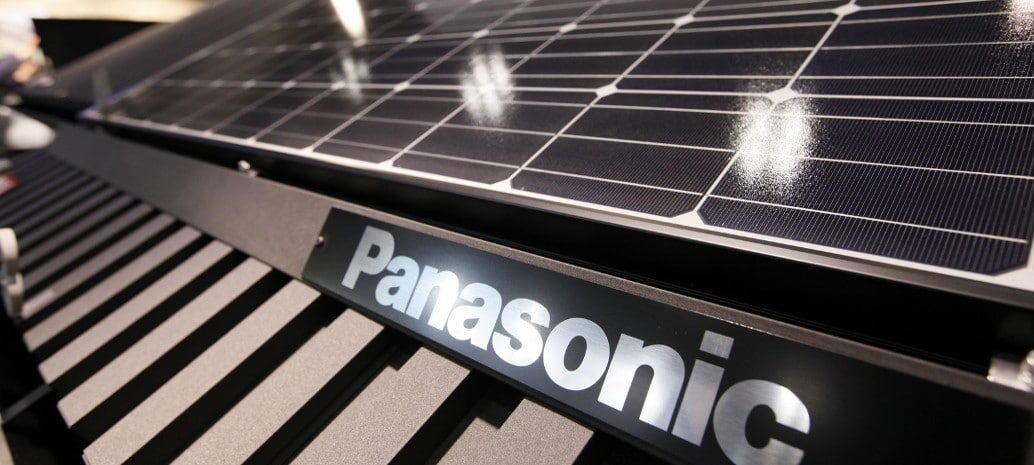The Norwegian government has announced a NOK3.6 billion ($383.5 million) plan to support the energy transition, with strong support for hydrogen and clean-energy technologies.
The package includes provisions, which are now in force, to maintain incentives offered through the Plusskundeordningen solar-rebate program, which is managed by the Norwegian Water Resources and Energy Directorate (NVE). The rebates were to be reduced on April 1 but after the Covid-19 crisis began, the government shifted the date to July 1.
Now it is further postponing the rebate reductions until January 1. The NOK10,000 fixed rebate granted by the scheme was originally supposed to be lowered to NOK7,500, starting from April 1.
For this year, homeowners who are willing to install rooftop PV arrays will be still be entitled to receive fixed sums of NOK10,000, regardless of the system size. They can also claim an additional NOK1,250 per kW installed for a maximum of 15 kW.
Next year, the fixed rebate will be reduced to the previously announced NOK7,500 level, while the sum for each added kilowatt will remain unchanged.
Under Norwegian regulations, owners of PV systems up to 100 kW in size are allowed to sell surplus power to power providers. “Currently the best rates offered by commercial power companies are at NOK1.1 per kWh, and if the surplus surpasses the amount owed, the homeowner may roll over the surplus to the next bill,” Andreas E. Thorsheim, the CEO of Norwegian tech company Otovo, told pv magazine. “That means most residential solar owners don’t pay electricity bills between April and October.”
Norway reached 120 MW of solar capacity at the end of 2019, according to figures released by Solenergiklyngen, a Norwegian solar industry body, and based on data from Multiconsult and NVE. The nation added 51 MW of new solar last year, including 2 MW of off-grid capacity. It added 23.5 MW of solar in 2018, 18 MW in 2017 and 11 MW in 2016.
Commercial and industrial arrays accounted for 60% of Norway’s additions last year, with residential systems making up 35%.
This content is protected by copyright and may not be reused. If you want to cooperate with us and would like to reuse some of our content, please contact: editors@pv-magazine.com.




1 comment
By submitting this form you agree to pv magazine using your data for the purposes of publishing your comment.
Your personal data will only be disclosed or otherwise transmitted to third parties for the purposes of spam filtering or if this is necessary for technical maintenance of the website. Any other transfer to third parties will not take place unless this is justified on the basis of applicable data protection regulations or if pv magazine is legally obliged to do so.
You may revoke this consent at any time with effect for the future, in which case your personal data will be deleted immediately. Otherwise, your data will be deleted if pv magazine has processed your request or the purpose of data storage is fulfilled.
Further information on data privacy can be found in our Data Protection Policy.